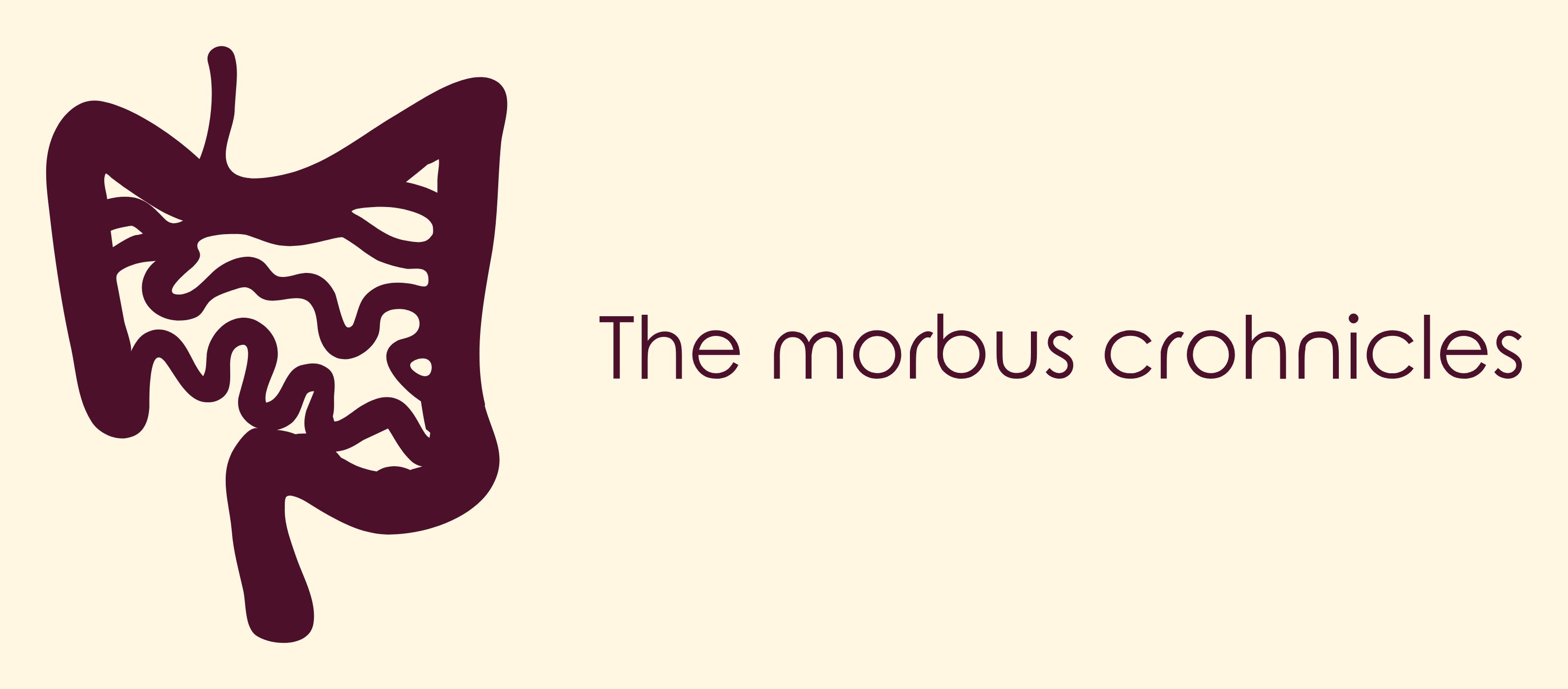I am welcoming my first guest blogger, Mark McNamara!
Mark has had Crohn’s disease for 22 years.

Originally from Colorado, he currently lives in Portland, OR. With the support of the Crohn’s and Colitis Foundation of America, Mark facilitates a support group in Portland for patients with IBD. Mark works for the Oregon Health & Science University and enjoys hiking and stand up paddle boarding.
I’m in remission (whatever that means…)
I’m in remission, whatever that means. It’s been four years of smooth sailing, mostly. Four years of little to no pain, and living my life again as someone without the disease. Crohn’s, the disease that ruled my life for so many years was now at bay. I was thirteen when I was diagnosed, and for eighteen years after that my terminal ileum (the end of my small intestine) was inflamed. We tried the drugs available at the time, but the only one that helped was prednisone. In search for the elusive state of remission – it sounds like a fabled Aztec city of gold – we tried herbs, psychotherapy, and weird radio frequency emitting machines. Well, we may well have been searching for a city in the jungle because the Crohn’s persisted. Anything to avoid the last ditch effort of a surgery.
It was surgery that finally put me in remission. All those years of trying to avoid it, and now here I am feeling better than I can remember. I don’t look at those years as wasted of course; I learned good habits and tools for self-care that I hope will prevent me from getting sick again. Of course, I know it could come back at any time so I try to be thankful for the time I’ve had and do my best to stay healthy.
But every body seems to be different with this disease. I facilitate a support group for people with IBD in Portland, OR and the experiences vary wildly with this disease. One woman was in the hospital within a month of experiencing her first symptoms, but was in remission again within the year on a relatively benign mesalamine drug called Lialda. A young man I met in Austin, TX had been in complete remission for five years after drinking fresh breast milk obtained from his lactating wife for a week. Got remission? More often, remission is the sum total of a lot of hard work, research, and advocating for oneself. Remission is the holy grail of any chronic disease.
Searching for the Holy Grail
Have you ever used a word so many times it starts to lose meaning? I guess that’s my way of asking, ‘What does remission even mean?’. Strictly speaking, remission means a temporary recovery, or a lessening of symptoms. In other words, remission does not always mean healthy. This idea of what it means to be in remission is another source of spirited conversation at the support group. Members report being told by their doctor that they are in remission, but they still have pain. Or they have no pain, but are still experiencing diarrhea and lethargy. Neither of these states, to me, says remission. Years ago, after treating my disease for twelve months with Humira, I was still experiencing wincing pain. My diarrhea had turned to constipation, but this was enough for my GI at the time to pronounce – in front of the Humira drug rep no less – that I was “another Humira success story”. As you can imagine, it’s hard to be told, for all intents and purposes, that your current state of misery is the best it’s going to get.
At the same time, I acknowledge my “remission” does not mean that I am one hundred percent healthy. Between years of malnourishment, chronic corticosteroid use in adolescence, and a lengthy depression in my twenties, I still have plenty to deal with even without my gut in active inflammation. You may have had a similar experience. Many who have been told by their doctor that they’re in remission still experience occasional symptoms or discomfort. Does this mean they’re not in remission? Not necessarily. Every experience will vary, but bear in mind that even the healthiest person goes through ups and downs. Learning to “retreat” back to our good habits and tools for self-care that we’ve learned over the years can help steer you back to remission if you start to veer of course.
With all the frustration that this journey toward remission seems to invoke in people I speak with, I started asking myself, ‘Is speaking in terms of remission even helpful?’ Are we driving ourselves crazy trying to achieve this state of quiescence? I think you could argue either way.
Guiding your treatment with the intent of driving down symptoms to the point that they are no longer making an impact on your life should be the goal. There really are a veritable cornucopia of treatment options out there today! Whether you’re talking about drugs like immunomodulators, and biologics, more holistic methods like acupuncture, massage, or essential oils, or something more radical like fecal transplant and helminthic worm therapy, wouldn’t you want to try everything till something works?
On the other hand, Crohn’s and its nether-region-dwelling sibling ulcerative colitis are chronic diseases. The goal of remission, while noble, may serve to frustrate more than motivate. Are we better off trying all above-mentioned modalities with the intent of improving our ability to cope with something that is inevitably going to have ups and downs? Mindfulness is all the rage right now, and teaches us not to judge the sensations in our body. By judging the pain, we increase the anxiety associated with it, thereby compounding the pain that’s already there. At the end of the day, remission is a judgment; it’s just one of many (often inadequate) words that we use to describe the world around us. The idea of attaining “remission” (in your doctor’s estimation), and any failures to do so, may be distracting you from the fact that you spent less time on the can today than you did yesterday. Don’t lose sight of the little victories because you’re not at one hundred percent.
Ultimately it comes down to balance, as with many things in life. Empathize with your body; it’s going through a rough time too. You may not be back to your old self, but if you feel better than you did the day before, you have something to be thankful for. Don’t give up. You deserve to feel like your old self, and don’t let a doctor tell you that this is the best it’s going to get. Press your doctor to get creative, ask them to reach out to colleagues for ideas, talk to your nurse about what other patients are experiencing, and – shameless plug alert – find a support group, online or in person, and go find out what others are doing to improve their quality of life.

